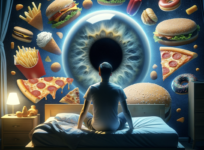Making Sense of CEFALO
CEFALO, a multi-center European project, is the first study to look specifically at the impact of self-reported mobile phone use on risk of childhood brain tumors. While it seemed to dispel the notion that EM radiation from cellphones can cause brain tumors, critics contend that the conclusions are not so clear cut. Writers from the Environmental Health Trust challenge CEFALO’s findings; a spokesman from the study team responds.







